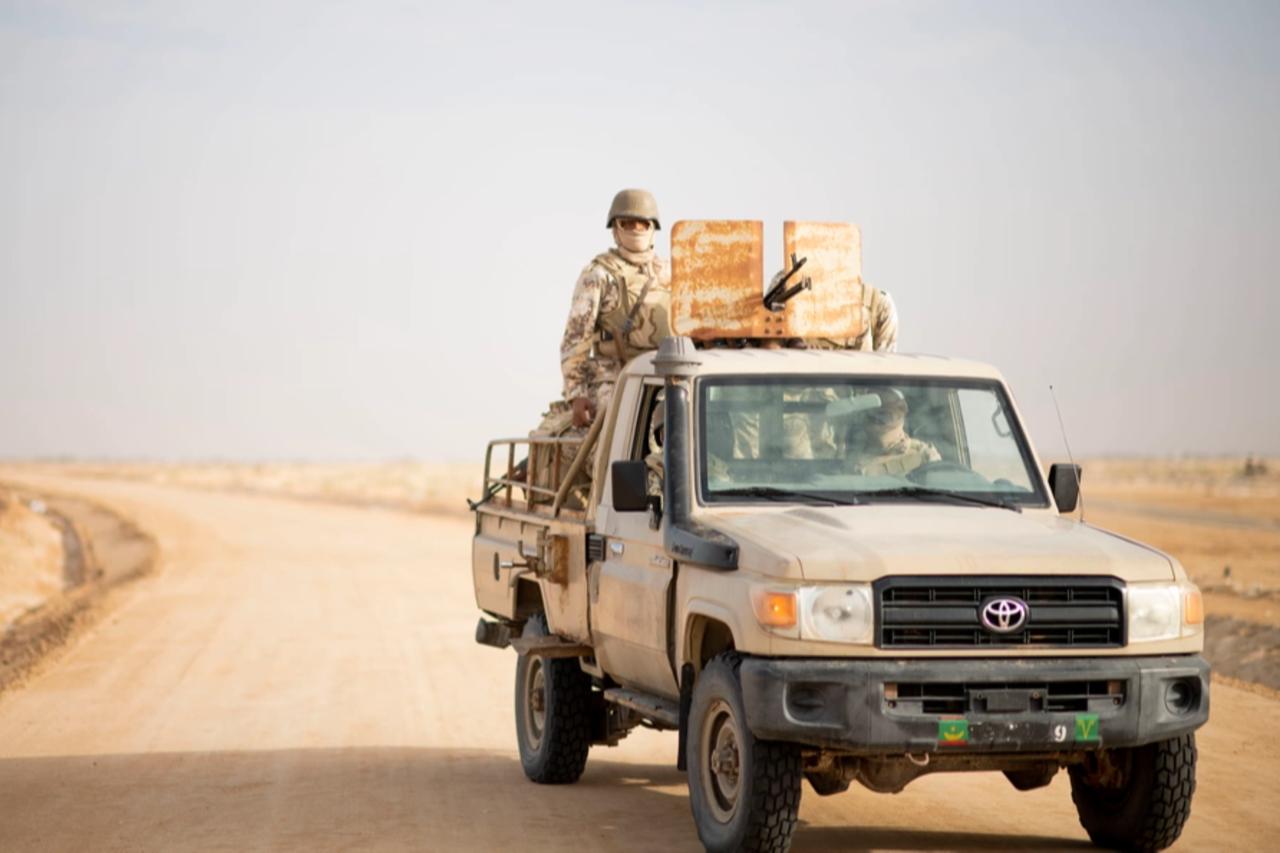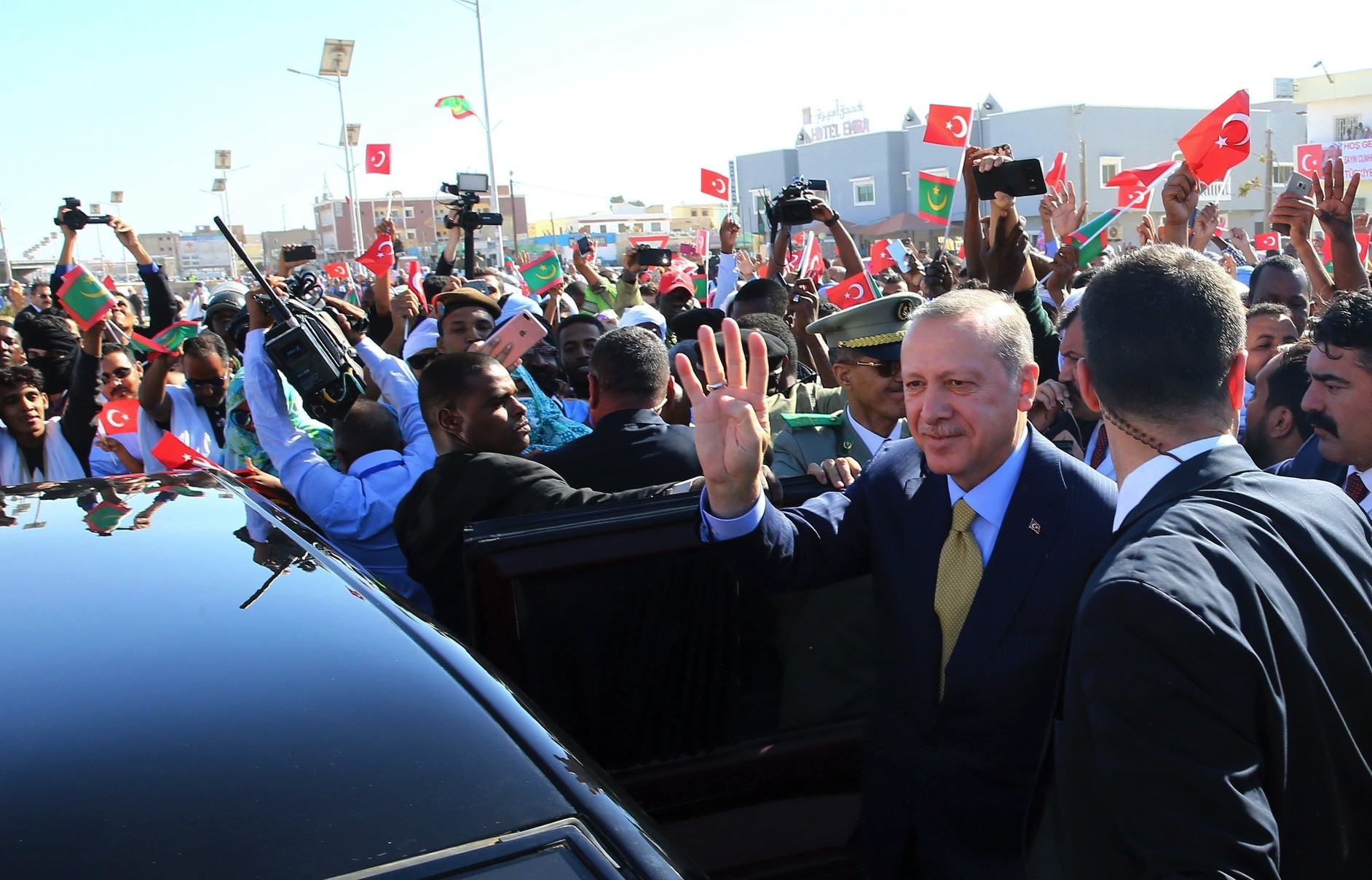
Tom Barrack, appointed by the Trump administration as both ambassador to Türkiye and envoy to Syria, embodied the strategic outlook Washington sought in the region. Well-versed in the Trump-era Middle East doctrine, Barrack worked to secure the stability in the Levant necessary for the U.S. to finally pivot toward containing China.
While some voices in Washington still cling to outdated paradigms that risk dragging the U.S. back into Middle Eastern instability, a rare bipartisan consensus in public opinion increasingly favors restraint. The argument is clear: the U.S. no longer needs direct entanglement; it can safeguard its interests through capable regional partners.
Now, that same doctrine of delegating stability to trusted allies may be precisely what U.S. policy in Africa requires. With China’s influence on the continent far surpassing its footprint in the Middle East, adapting this model to Africa is not only logical—it’s urgent.
Viewed through this lens, Senior Advisor Massad Boulos’ more frequent trips to Türkiye could prove a strategic asset for the United States, Africa, and the Middle East alike, with his long-standing familiarity with all three spheres positioning him as an uncommon bridge between them.
Tokyo has begun to recognize Türkiye’s growing footprint in Africa as a strategic counterweight to China. In 2021, the Japan Bank for International Cooperation (JBIC) opened an office in Istanbul to facilitate joint Turkish-Japanese projects on the continent. This move signals not only Japan’s support but also its intent to integrate into this emerging axis.
The primary motive behind this alignment is to break the momentum of China’s long-standing push in Africa. Backed by strong Japanese financial support, Türkiye has gained critical momentum.
For the United States, this evolving alliance structure offers a timely opportunity. At a moment when Washington is recalibrating its global spending and engagement strategies, partnering more closely with Türkiye could enhance American influence without heavy resource commitments.
This doesn’t make Japan anti-France, just as it wouldn’t make the U.S. so if it chose to act accordingly. Türkiye remains open to working with all parties, including France itself, as its model relies on the interests of all parties, and much work still remains to be done in Africa.

As traditional Western powers scale back their influence in Africa's Sahel region, Türkiye has quietly emerged as the most agile and strategic actor on the ground.
With France largely pushed out and the United States taking a more passive stance, Ankara is consolidating its presence through a model that combines defense, diplomacy, and cultural engagement, without the historical baggage of colonialism.
Recent reports in French media underline what many diplomats have observed for months: Türkiye is building a hegemonic presence in the Sahel, one partnership at a time.
Military coups across the Sahel have triggered a broad rejection of French and Western presence. While Russia and China have attempted to fill the vacuum, it is Türkiye that has made the most strategic advances—largely because it speaks a language Africans respond to. Unlike traditional powers, Ankara positions itself not as a dominant force, but as an equal partner.
At the heart of Türkiye’s engagement is the Bayraktar TB2 drone, both a symbol and a tool of its outreach. But the real model goes beyond hardware: drone exports are paired with religious outreach through the Turkish Directorate of Religious Affairs (Diyanet), educational initiatives via the Maarif Foundation, and scholarship opportunities. The formula—encompassing drones, imams, scholarships, and schools—has proven effective and adaptable.
Ankara’s version of “moderate Islam,” rooted in local traditions and more adaptable than Saudi-style conservatism, is gaining ground. Its flexibility makes it more appealing in many African contexts, where social conservatism often coexists with demands for local agency and modernization.
Türkiye’s influence also extends through human capital. African officers and bureaucrats trained at Turkish universities return home not as ideologues but as professionals aligned with Ankara’s worldview. This long-term strategy builds durable networks of loyalty, not through coercion, but through opportunity.
France’s downfall in the region was hastened by its perceived arrogance and inability to evolve. The U.S., meanwhile, remains entangled in value-based diplomacy that often clashes with local realities.
In contrast, Türkiye offers results without ideological preconditions: drones, schools, and cooperation instead of demands for reform.

While Western powers have relied on sanctions, Türkiye has delivered tangible results, quickly and without preconditions. This “solution without questions” model is winning local trust and positioning Ankara as the most effective emerging power in the Sahel.
As one biting summary from the region puts it: “Türkiye doesn’t exploit, doesn’t lecture, and delivers fast.” For many observers, this marks the end of Western primacy in Africa.
Türkiye’s growing influence in Africa is not an isolated development; it’s an extension of its broader foreign policy success across the Middle East.
For the United States, which shares a history of partnership with Ankara in strategic theaters, this offers an opening to co-develop influence in Africa without direct entanglement.
As China’s presence deepens on the continent, Washington would benefit from working more closely with Türkiye, whose model has already proven both popular and sustainable.